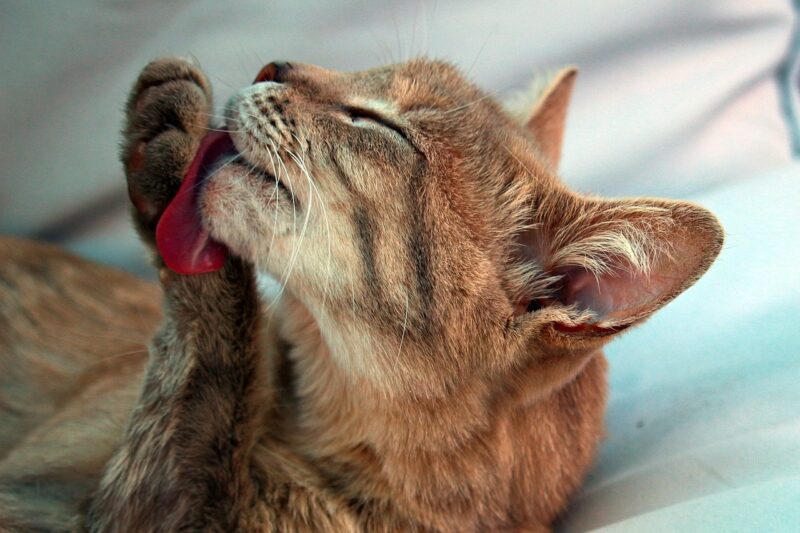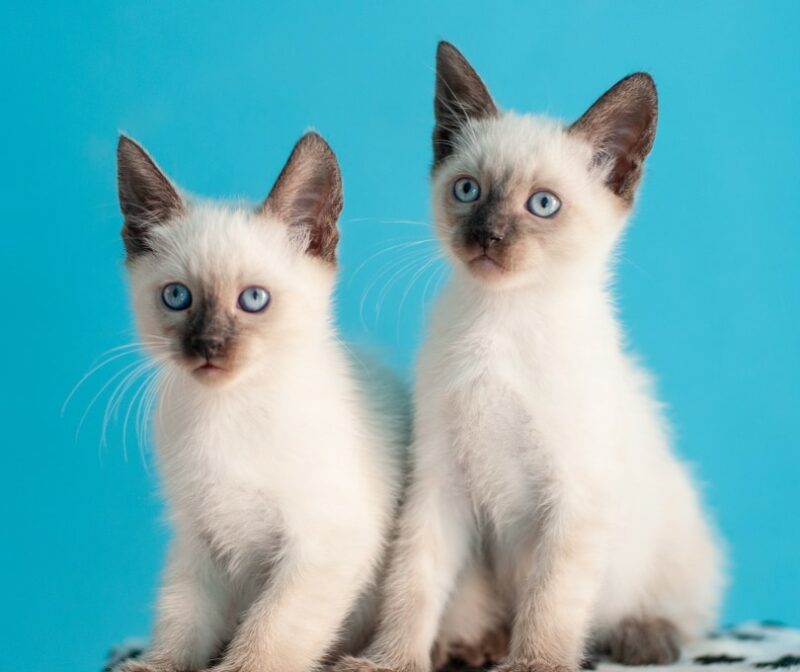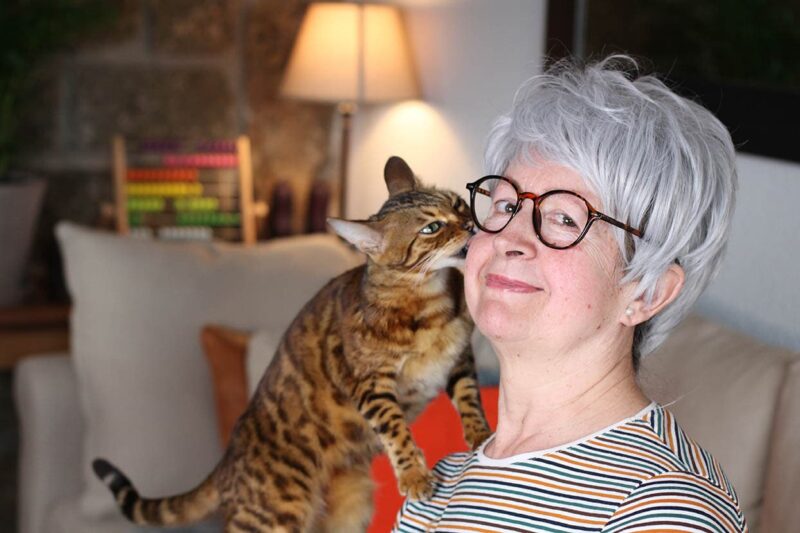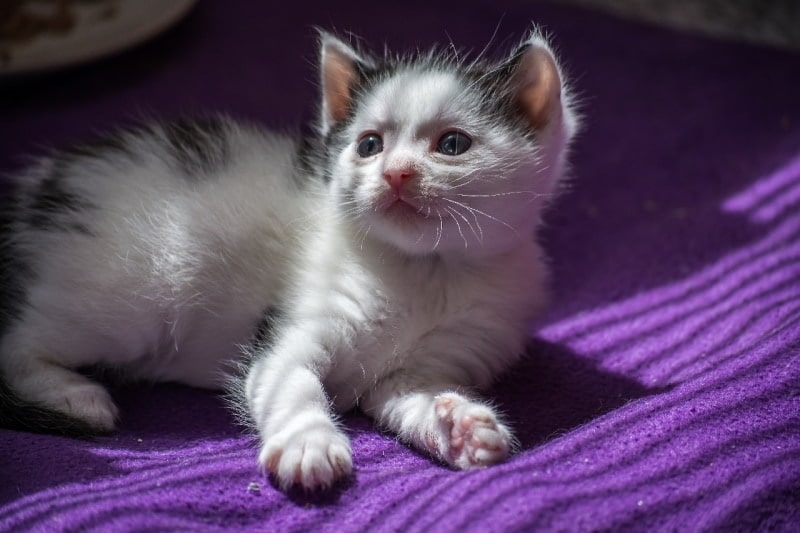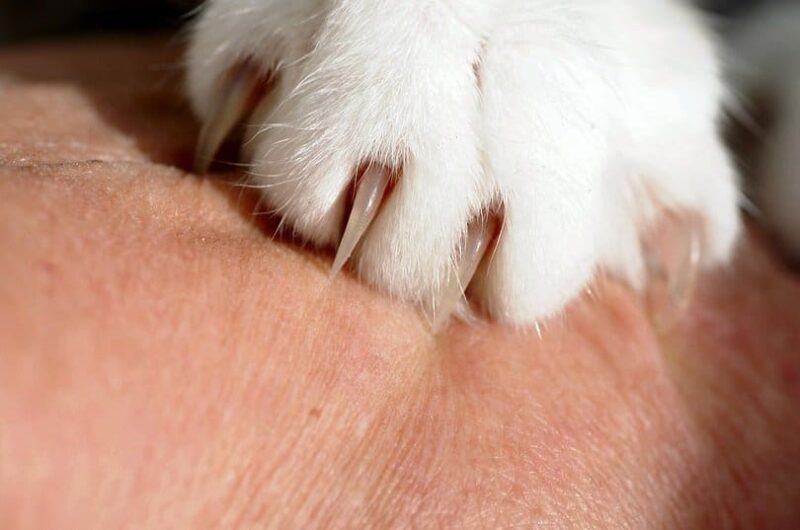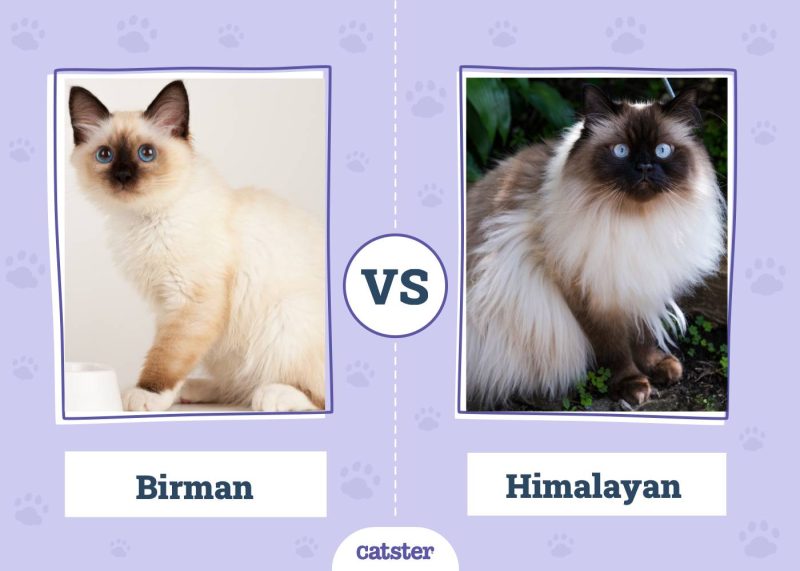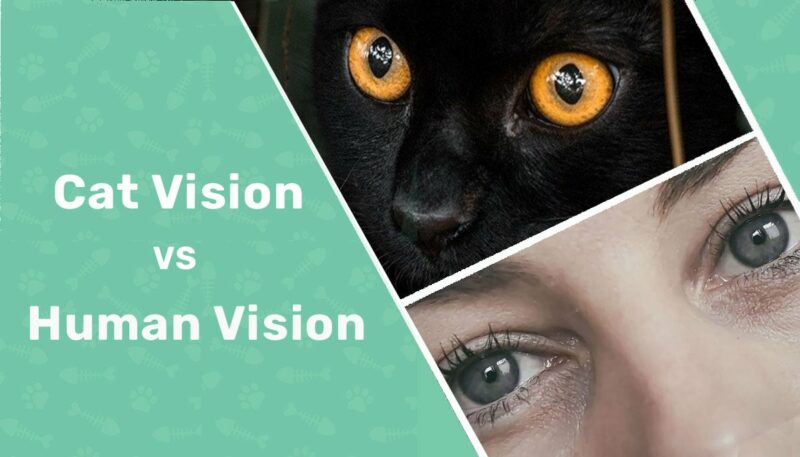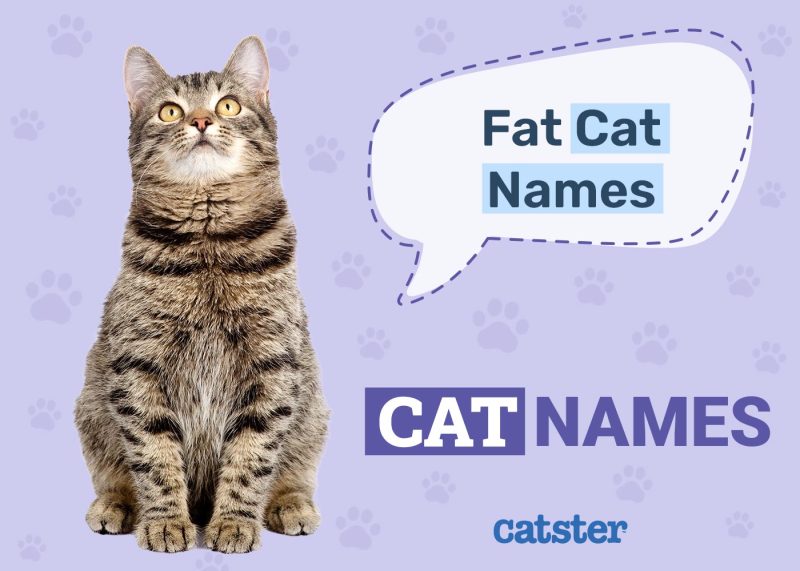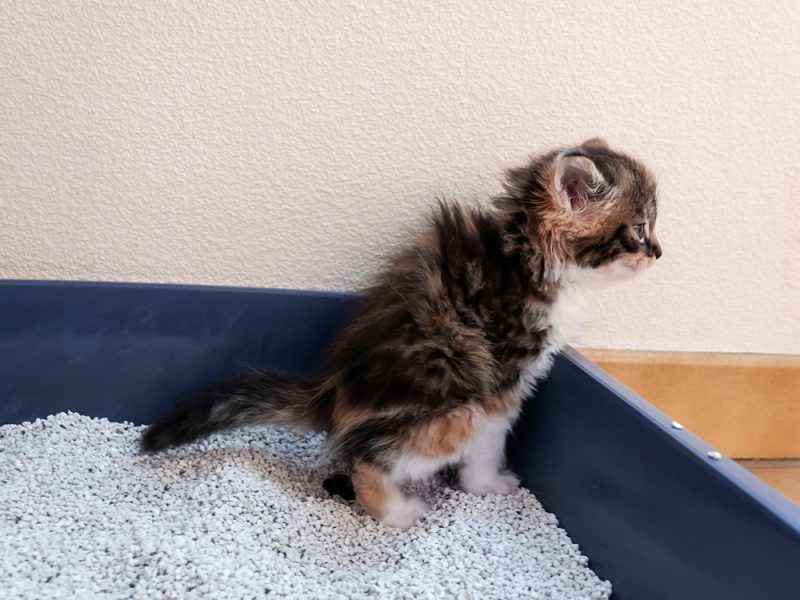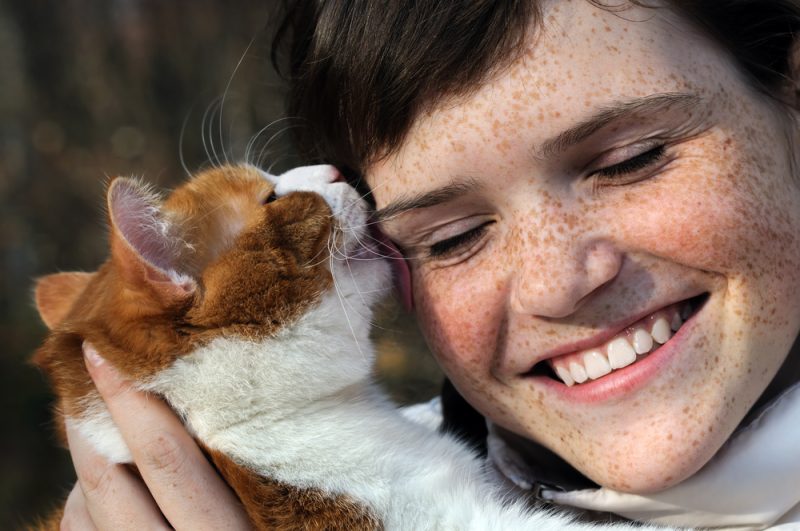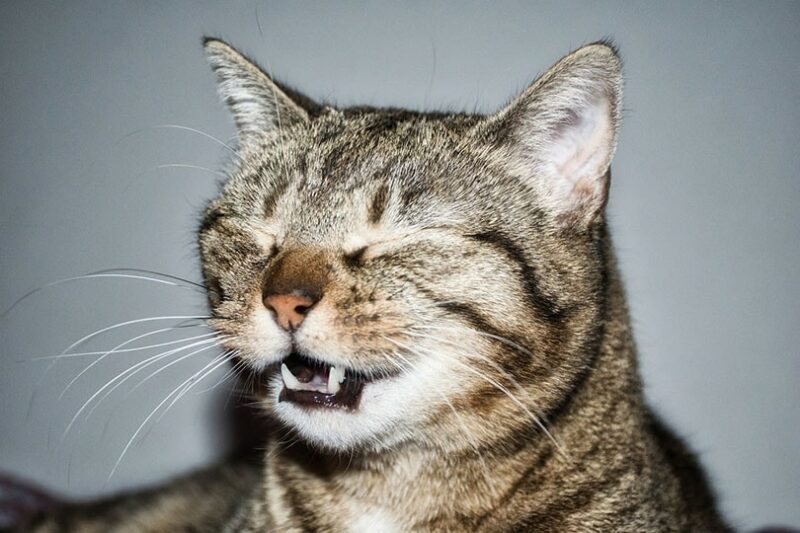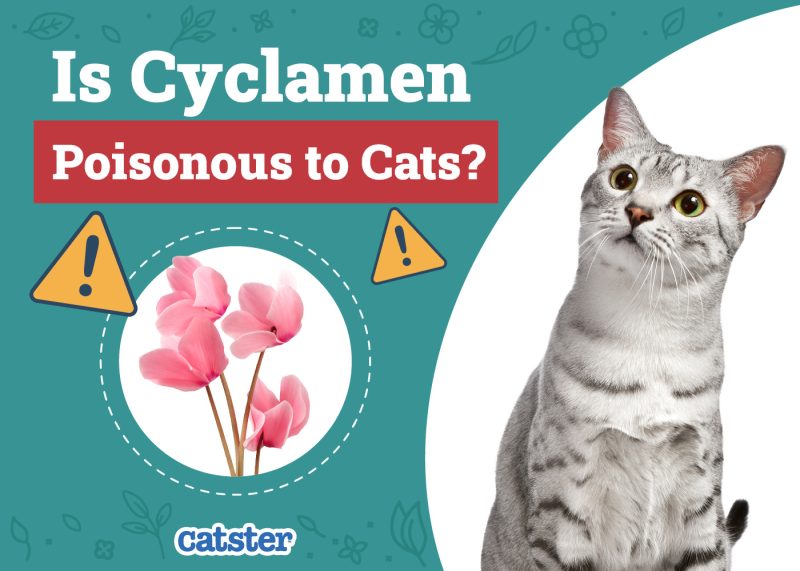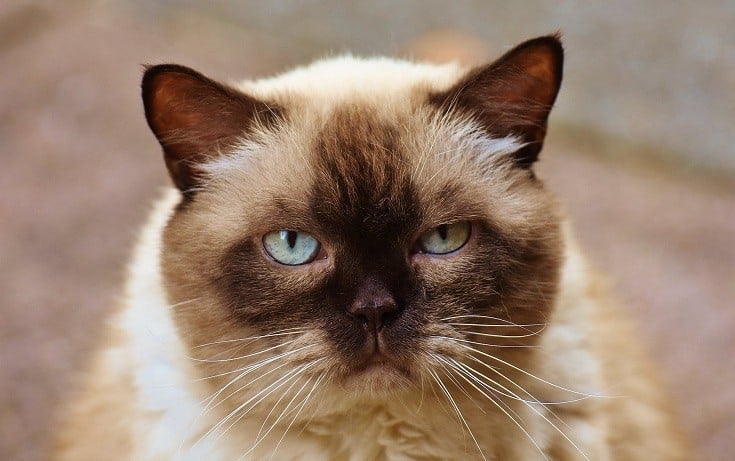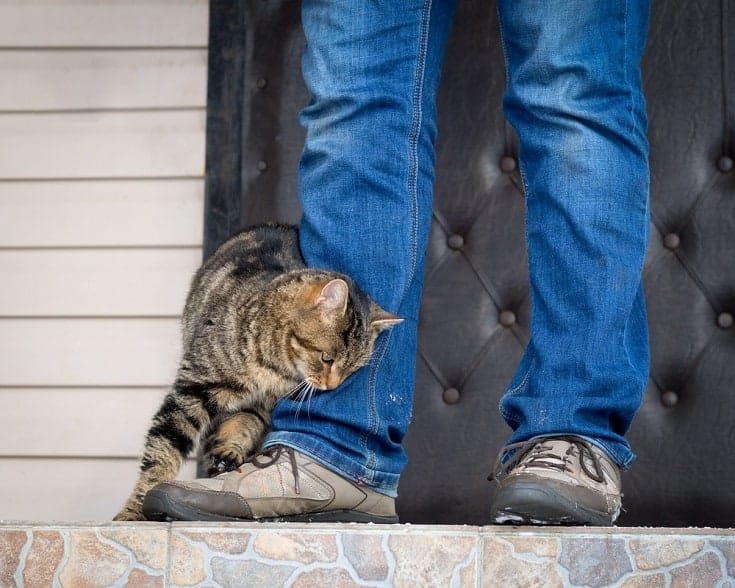Have you ever noticed your cat licking themself after being around you or right after you pet them? That’s because cats lick themselves as a way to keep clean and remove our scent from their fur. But why do cats do this? There are a few theories that we will discuss in this article.

The Top 3 Theories Why Cats Lick the Spot You Touched
- One: One theory is that cats may be trying to mask your scent from other cats. When you pet a cat, the oils from your skin are left behind, as well as any scents from soaps, lotions, and perfumes you may have used. Cats are territorial and can become threatened by strange smells in their environment. By licking the spot you touched, they may be trying to cover up that scent so other cats won’t be able to detect it. It’s also possible that cats just don’t like the way humans and our natural oils smell, so they use their natural grooming techniques to remove it.
- Two: Another theory is that cats may be trying to learn more about you by licking the area where your scent is left behind. Cats have a much more sensitive nose than humans, so they can pick up on subtle scents and tastes. If you notice your cat licking where you touch, they might be trying to gain new information about you.
- Three: Yet another theory is that your cat is performing an act called “mutual grooming.” This is when cats groom each other as a sign of affection and bonding. By licking where you touched, your cat is essentially performing mutual grooming on you—expressing their love for you in their special way. This theory would also explain why cats often lick their owners during petting sessions or when snuggling up with them.
Regardless of the reason behind it, one thing is certain: Cats prefer to keep themselves clean, and they will do whatever they can to remove any unfamiliar scents from their fur. That may very well include your own personal aroma.
So, if you notice your cat licking themself after spending time with you, don’t take it personally. Your cat probably just wants to stay neat and tidy.
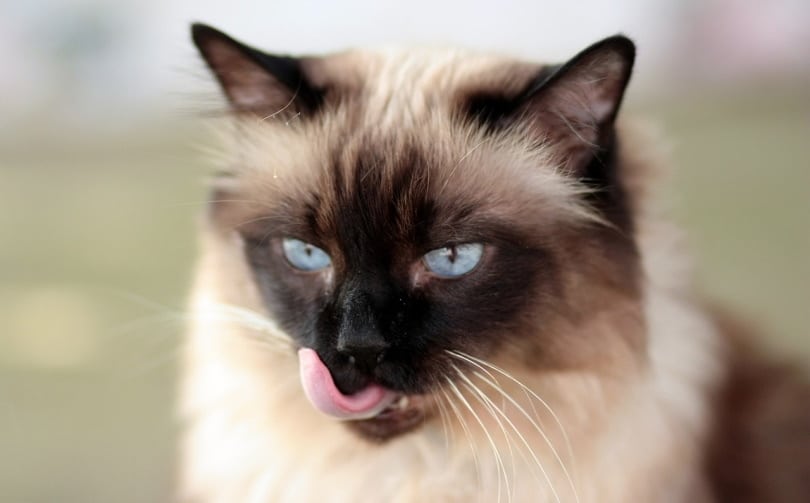
Do Cats Enjoy Human Kisses?
Are you the type of pet owner who likes to smother their cat in kisses? Well, it turns out that most cats don’t particularly enjoy being kissed by humans. Research shows that most cats prefer not to be touched on the face and mouth area, as this can be intimidating for them.
That doesn’t mean you have to stop showing your cat love and affection, though. Cats do appreciate a gentle pat on the head or a scratch behind the ears. And if your cat enjoys cuddling, that’s another great way to show it some love and affection.
With that said, it’s certainly possible that your cat doesn’t mind your kisses at all. There are some cats out there who are perfectly content with a smooch or two from their human companion. So, if your cat seems to be happy when you kiss them, then, by all means, keep on doing it—just remember to respect their boundaries if they ever start to seem uncomfortable or overwhelmed.
At the end of the day, cats have their unique personalities and preferences, so how your cat responds to human kisses may vary from one individual to the next.
But whether you prefer to kiss your cat or simply show them affection in other ways, know that the bond between you two is incredibly special and will only grow stronger with time.
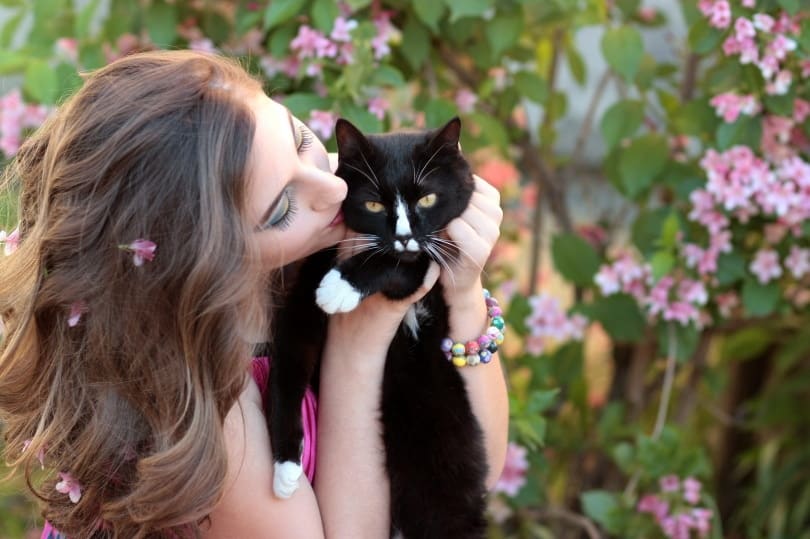
Why Do Cats Lick Themselves?
- The primary reason cats lick themselves is to groom themselves and stay clean. Cats have an amazing sense of smell, so they often use their tongues to remove dirt and debris from their fur, as well as to spread natural oils throughout their coat.
- Another reason cats may lick themselves is in response to a strong scent that they’ve picked up from another animal or person. This can be your scent or the scent of another pet in the home.
- Cats may also lick themselves to try and get rid of that strong smell. Some cats will even rub their faces against people or objects to transfer their own scent onto them, which is why you often see cats rubbing up against furniture or other animals.
- By licking themselves, cats can mask their scent among the other smells they come into contact with. This can be beneficial if they’re trying to avoid capture or stay hidden from predators in the wild, so it’s an instinctual behavior that cats carry with them from their wild ancestors.
- Another belief is that licking is a form of behavior known as displacement behavior, something often observed when a cat feels anxious or stressed. By licking, the cat may be attempting to find comfort and alleviate their anxiety.
If you have any concerns or curiosities about your cat or their health, we recommend you contact a vet directly.
If you need to speak with a vet but can't get to one, head over to PangoVet. It's an online service where you can talk to a vet online and get the advice you need for your pet — all at an affordable price!


Conclusion
Overall, cats licking themselves is a normal behavior that helps them groom and stay clean while also helping them better understand their environment.
But if you notice your cat excessively licking itself, it could be a sign of stress or anxiety, and you should consult a veterinarian for further advice.
- You might also interested in: Why Do Cats Groom Each Other? 4 Likely Reasons Explained
Featured Image Credit: Pixabay
